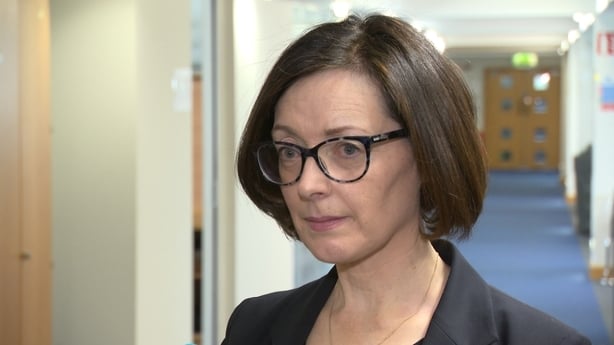Almost 1,300 applications have been initiated through the Decision Support Service (DSS) since it launched 100 days ago.
The DSS is for adults who may have difficulties with decision-making capacity, including adults with an intellectual disability, a mental illness, an acquired brain injury, or those with neurodegenerative conditions such as dementia.
The DSS was established under the Assisted Decision Making (Capacity) Act 2015 and the Ward of Court system has been abolished.
Last Friday, the first person was discharged from wardship under the 2015 Act by the President of the High Court, who then assigned a decision-making representative from panels of professionals established by the DSS.
New tools are now available for any adult who wishes to plan ahead by way of an advance healthcare directive, or a revised form of an enduring power of attorney.
In the past 100 days, 68 applications were initiated to make a co-decision-making agreement - where a person can appoint someone they trust as their co-decision-maker if they feel they are unable to make certain decisions on their own.
142 applications related to a decision-making assistance agreement - where a person appoints someone they know and trust as a decision-making assistant if they feel they require support to make certain decisions on their own.
It is estimated that 220,000 people living in Ireland may have capacity-related difficulties and could become users of the DSS and that one in every two people will interact with the DSS in their lifetime.

More than 6,000 individual queries have been handled by the DSS's information services team since the service was launched.
The Director of the DSS, Áine Flynn described the engagement as exhilarating and encouraging.
"The take-up for EPAs (enduring power of attorney) is particularly high. As the DSS continues to make clear, advance planning is a key part of the 2015 Act. The Act provides these tools because at a future time, any one of us could experience difficulty exercising our right to make our own decisions, due to an accident or a degenerative illness.
"This is why the act is described as 'an act for everyone' and it is something that the DSS seeks to promote on an ongoing basis."







